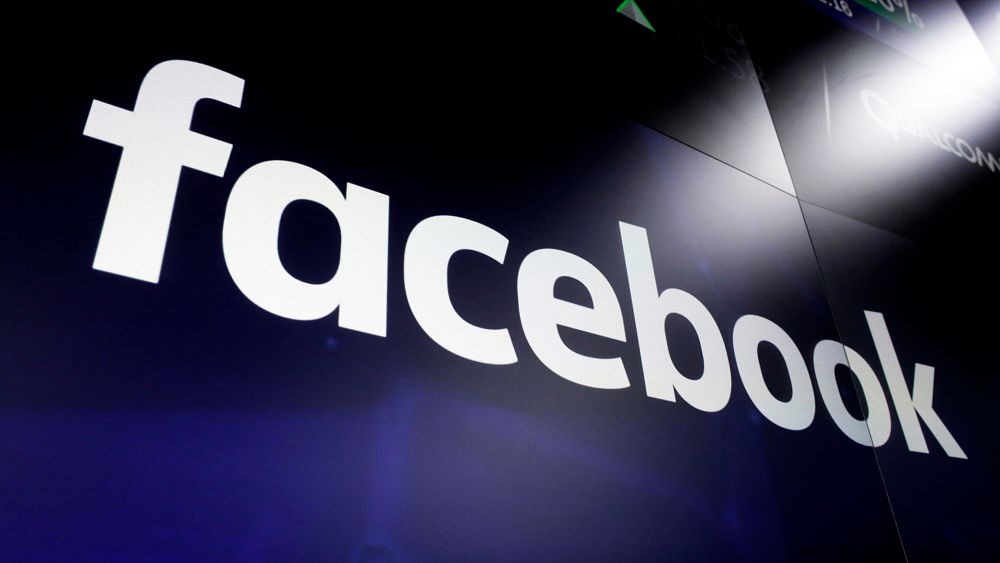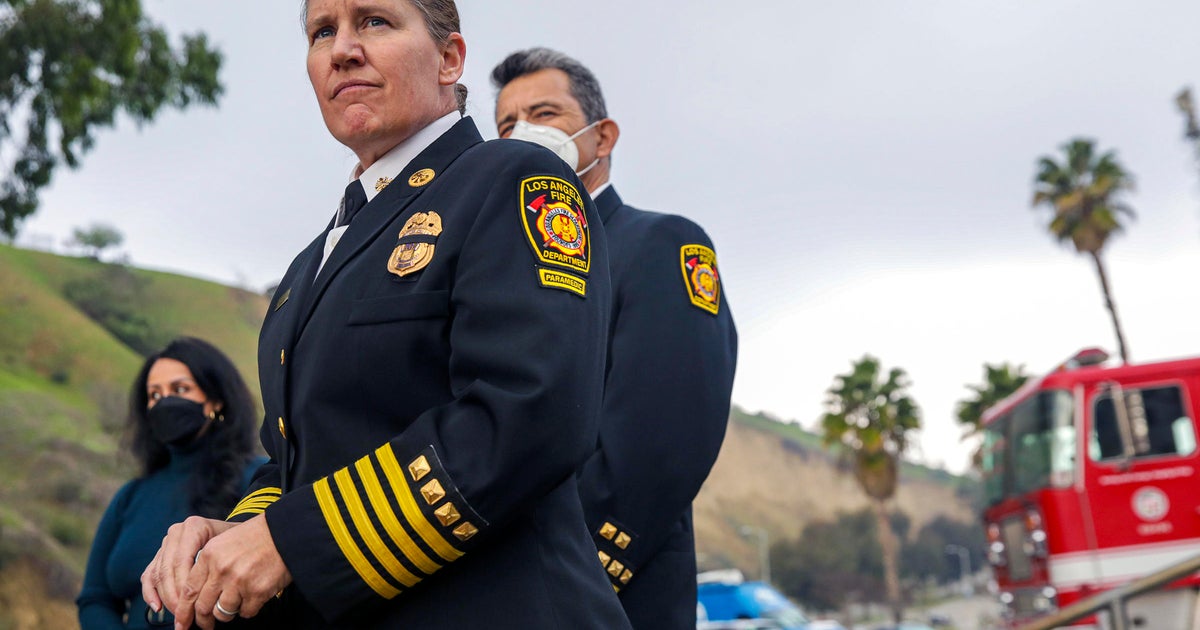Facebook has announced it will remove false information about vaccines from its platform.
It comes after the UK became the first country in the world to authorise the Pfizer/BioNTech vaccine and could be dispensing shots within days.
The announcement sets the stage for the biggest vaccination campaign in British history and came just ahead of what experts are warning will be a long, dark winter, with cases increasing to record levels in the US and parts of Europe in recent days.
But the arrival of a vaccine has bought its own challenge: will enough people be willing to take the jab to eradicate the virus?
There is concern that scepticism or hesitancy over the vaccine will be influenced by online misinformation.
On Thursday, Hans Kluge, director of WHO Europe, said: “I urge you to seek reliable information from trustworthy sources. Don’t be part of a misinformation infodemic. Vaccination saves lives; fear endangers them.”
Following increasing pressure, Facebook has now said it is taking a tougher stance on misinformation on its platform.
It said in the coming weeks it will be taking down specifically anti-vaccination misinformation that has been debunked by public health experts.
Facebook will also be investing $100 million (€82m) in the news industry and supporting fact-checkers.
“We have published… papers on super-spreaders of misinformation on Facebook or Twitter and a lot of hoaxes were allowed to circulate on these platforms,” Chine Labbe, Europe managing editor of NewsGuard, a browser extension that rates news websites according to their trustworthiness, told The Cube.
“It’s good that Facebook is talking about it right now but until now they have proven they were not ready to tackle this problem.”







